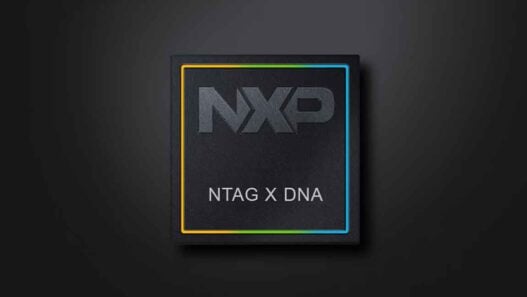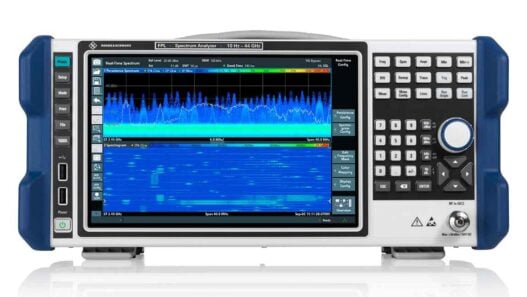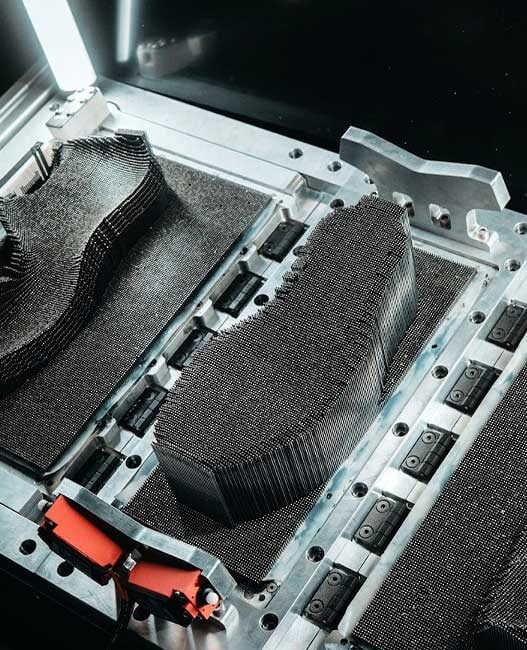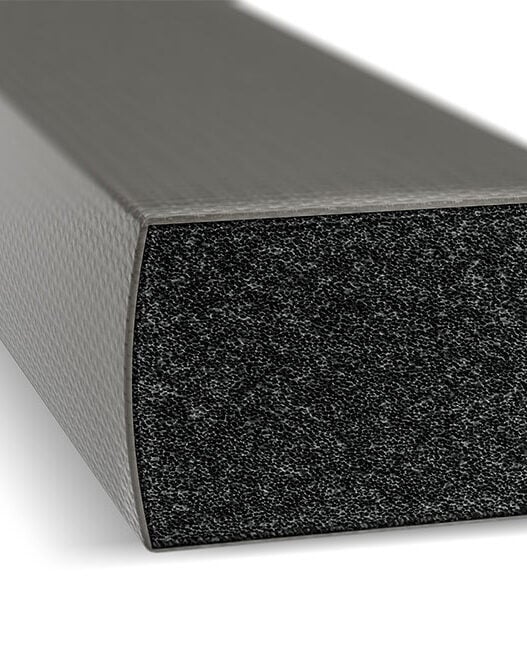The funding, from UK Government-backed Driving the Electric Revolution (DER) and Innovate UK, will enable McLaren Applied and its partners, Peregrine MLS and Warwick Manufacturing Group, to commence their 18-month research to define the requirements for machinery that carries out automated stator winding on all of McLaren Applied’s alternator range – dubbed Project SWAG (Superior Windings for Alternators and Generators).
While the technology to machine-wind mass-produced stators (a stationary component of an electromagnetic device) is already in use, there is currently no capacity to automate the production of high-performance variants. These require an even denser wind than standard, making their construction a more costly, time consuming and labour-intensive process.
The ability to produce next-generation alternators using machine-wound stators with higher output, and reduced size, weight and cost, will provide new opportunities in applications where competitive advantages are hard to identify. Not only would this strengthen McLaren Applied’s position in the motorsport, automotive and aeronautical markets, but also create new, world leading supply chain capability in the UK.
McLaren Applied’s partners in the project, Peregrine MLS and Warwick Manufacturing Group (WMG), bring specific expertise and experience in the design and development of electric motor and stator manufacturing, the development of flexible manufacturing facilities, and manufacturing automation. Alongside Peregrine MLS’s many years of understanding of the hand winding of the stator assemblies, the involvement of WMG will maximise the value of the project to the UK supply chain by leveraging its database of UK suppliers from previous collaborative programmes.
Thomas Keenan, Head of Motorsport Operations, McLaren Applied said: “We at McLaren Applied are very excited by the capabilities this funding will unlock, and the benefit it will bring to all members of the project team. The funding support enables the project team to invest in the winding automation of high-performance stators to exacting standards, reducing the number of hours in the manufacture of our market leading performance alternator products.
“For McLaren Applied, it will enable our business to maintain our competitiveness in existing markets while increasing the scalability of our products into new adjacent sectors, allowing the growth of our business in this critical area.”
Dr David Simkin, Head of the DER Winding Centre of Excellence at WMG, added: “The Winding Centre of Excellence at the University of Warwick aims to accelerate the development electric mobility by providing access to world leading production equipment and expert knowledge. Project SWAG is a perfect fit for us, providing the opportunity to take McLaren Applied’s existing alternator products, develop processes for volume manufacture and increase their power density. We will use our network of supply chain companies in the UK to provide solutions to the engineering challenges we meet to achieve the project goals.”
Christopher Reid, Managing Director at Peregrine said: “As of today, the process of building high-performance motorsport alternators is a costly and time-consuming process, limiting product output and scalability. Peregrine-MLS is delighted that we have been awarded funding via an Innovate UK Grant to support the research and manufacturing viability of automating our stator winding process. We are proud to work in partnership with McLaren Applied and Warwick Manufacturing Group.”
In addition to the development research due to be undertaken by McLaren Applied and its partners under Project SWAG, further government funding, this time from the Advanced Propulsion Centre (APC), has also been announced to develop an ultra-lightweight, electric motor optimised for McLaren Applied’s IPG5 inverter.
Dubbed Project LEAP (Lightweight Electric Automotive Propulsion), the venture will involve collaboration between Electric Aviation Group Ltd (EAG), Hydrogen Hybrid Electric Propulsion Systems Ltd (H2EPS) and University of Nottingham (UoN) to develop a new generation of electric motor for high-performance and luxury electric cars, reducing weight and extending range.
A prototype is due to be unveiled in September 2024, with the intention to commercialise the technology beyond that date.














